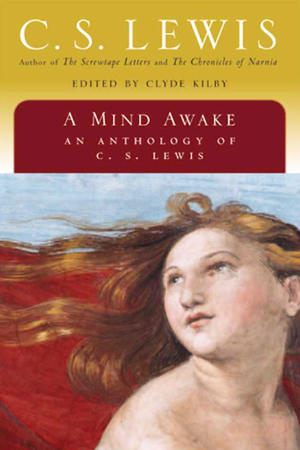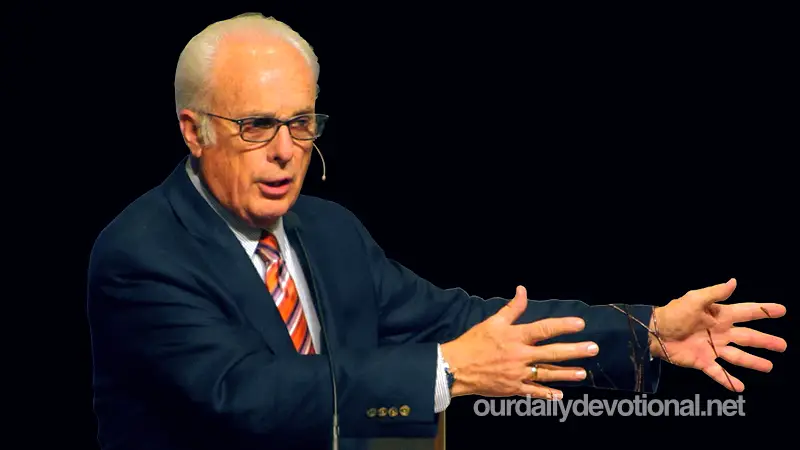“Clive Staples Lewis was born in Belfast on 29 November 1898. Before he was ten his mother had started him in French, Latin and the reading of fiction.
After preparatory study in Irish and English schools, he attended Malvern College in England for one year and then studied for Oxford under W. T. Kirkpatrick at Great Bookham in Surrey.
By this time—he was sixteen—he had become an inveterate reader, fallen in love with romantic story and northern myth, been engulfed by the haunting mystery of Joy, developed into an habitual walker, learned to revel in the glory of the English countryside, and turned atheist. Oddly, however, it was the rigorous dialectic taught by Kirkpatrick, himself an atheist, which in due course brought Lewis to Christianity.
On his nineteenth birthday Lewis, a second lieutenant in the Somerset Light Infantry, arrived in the front-line trenches of France, where he was wounded in action. Before enlisting he had attended University College, Oxford, and after the war he returned.
In 1920 he took a First Honour in Moderations, in 1922 a First in Greats, and in 1923 a First in English, also the Chancellor's Prize for an English Essay.
In October 1924 he became a lecturer at University College, and in 1925 took up his work as Fellow at Magdalen. Four years later the most important event of his life occurred. He was converted to Christianity.
He remained at Magdalen until 1954 when he was elected to the Chair of Medieval and Renaissance English at MagdaleneCollege, Cambridge, a post he held until a few weeks before his death on 22 November 1963.
Lewis was among the great teachers of his generation. He had both a powerful, discriminating mind and brilliance of language. He was lightning quick in noting any logical flaw in even a casual remark. In the presentation of an abstruse idea in criticism or in theology, he had a natural tendency toward analogy and metaphor.
Once after an involved debate on Christianity and culture he said, 'If we could thrash the problem out on the neutral ground of clean and dirty fingers, we might return to the battlefield of literature with new lights/ He liked his ideas to fit the truth as snugly as old slippers fit the feet, and he dropped many of his most provocative thoughts as lightly as a feather.
A visitor to the Socratic Society of Oxford gives a lively account of Lewis. He wore 'an old battered tweed sports coat . . . well-worn corduroy trousers, a patterned, well-washed shirt with a nondescript antique type tic.
He was ruddy of complexion, radiating health, of substantial girth all over, and his eyes sparkled with mirth'. The subject for the evening was the meaning of history and a professor of history buried his nose in a dull paper and read endlessly while the audience listened sleepily.
When it came Lewis's turn to speak, there was immediate attention. 'He was exciting. . . . Vivid images and portraits just tumbled out of him. He had no notes and spoke spontaneously with charm and lilt.' His lectures were crowded and students left them with the sense of genuine acquisition.
It was not, however, as lecturer to a few hundred students or private associations but as writer to thousands that Lewis is best known. His brother tells us that before Lewis was thirteen he had produced a complete novel.
His published works run to more than forty volumes, including poetry, short stories, novels, children's stories, allegory, letters, literary criticism, studies in philology and learned works on medieval and renaissance literature.
Both as scholar and as creative writer he was praised, and indeed these two qualities join in whatever mode he used. Immense knowledge, logic and imagination joined in Lewis to make him one of the finest Christian apologists of our time.







